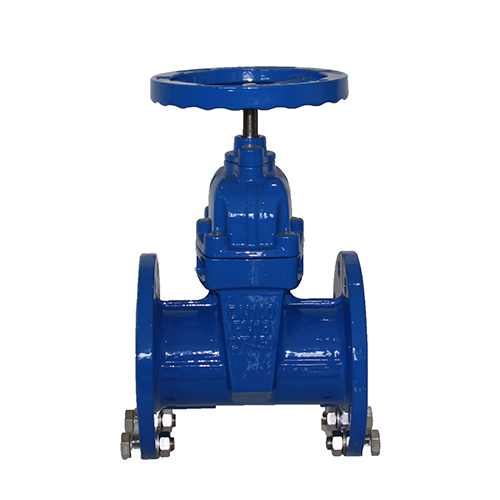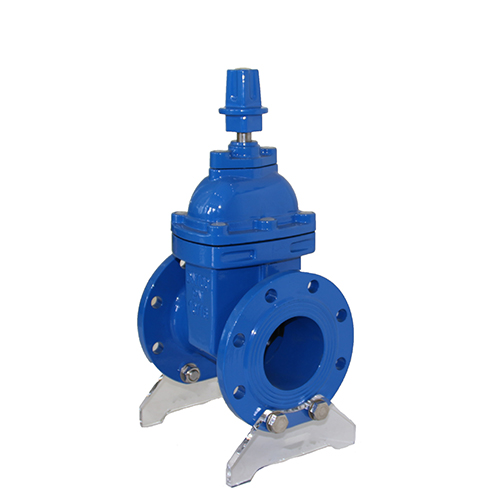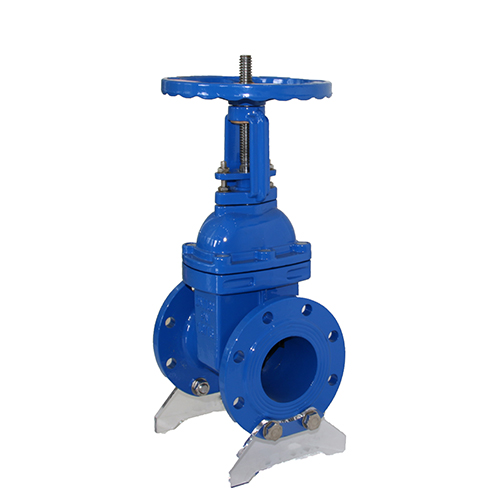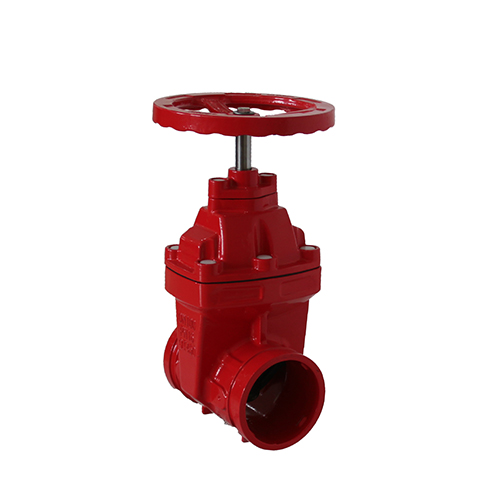1. Sealing performance:
Soft-sealed gate valves: The sealing effect is the best, and zero leakage can usually be achieved. However, it should be noted that debris (such as welding slag, iron filings, etc.) that may be left during pipeline installation and system cleaning can easily scratch the soft-sealed valve seat or valve core, resulting in increased leakage and reduced sealing reliability.
Hard-sealed gate valves: The sealing performance is stable, especially in high temperature and high pressure environments, and will not leak. It is suitable for emergency shut-off valves and other occasions that require high sealing performance.
2. Use conditions:
Soft-sealed gate valves: Suitable for occasions with normal temperature, normal pressure or less corrosive media. Leakage may occur at high temperatures, so fire prevention is required.
Hard-sealed gate valves: Suitable for occasions with high pressure, high temperature and more corrosive media. Its sealing surface is usually made of metal, which can resist the erosion of high temperature and corrosion.
3. Price and Maintenance:
3. Price and Maintenance:
Soft-sealed gate valve: Since non-metallic materials (such as polytetrafluoroethylene and rubber, etc.) are used as the sealing surface, the price is relatively low, but the maintenance cost may be high because the sealing surface is easily damaged.
Hard-sealed gate valve: The production cycle is longer and the price is relatively high, but the maintenance cost is lower because the sealing surface is made of metal and has good wear resistance.
In summary, there are significant differences between soft-sealed gate valves and hard-sealed gate valves in terms of sealing performance, use conditions, price and maintenance. Which type of gate valve to choose depends on the specific application scenario and needs.




